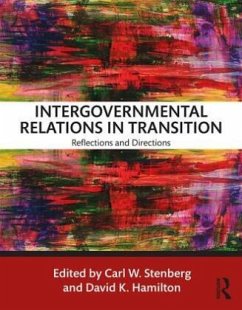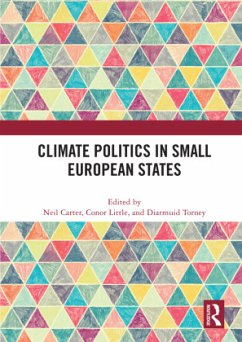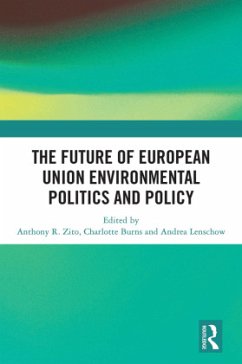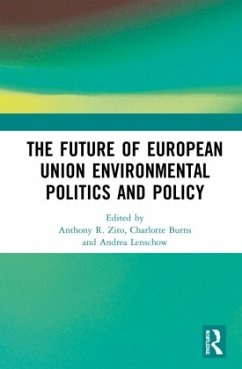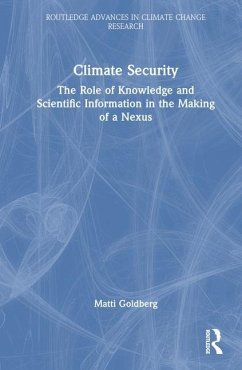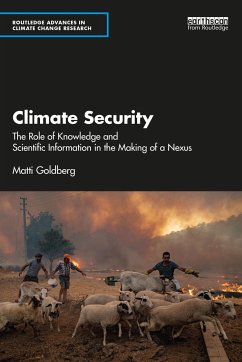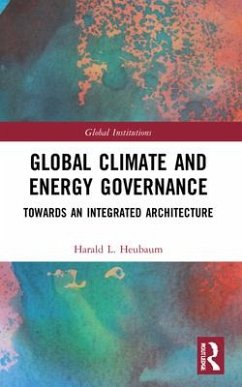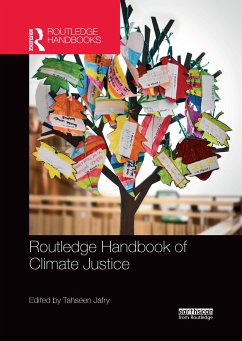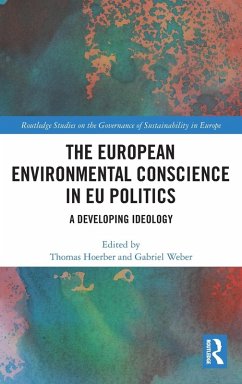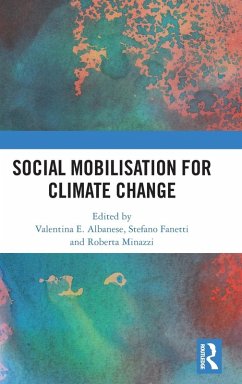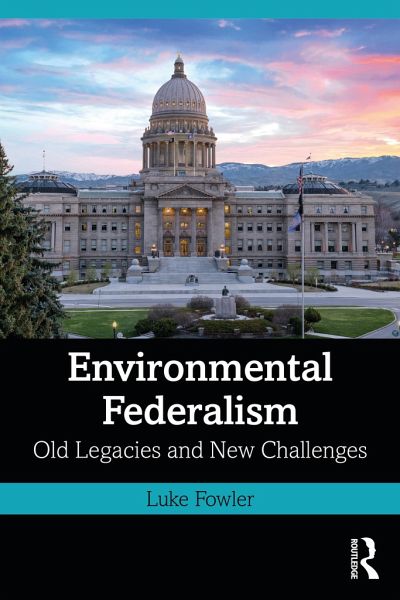
Environmental Federalism
Old Legacies and New Challenges
Versandkostenfrei!
Versandfertig in 6-10 Tagen
43,99 €
inkl. MwSt.
Weitere Ausgaben:

PAYBACK Punkte
22 °P sammeln!
In Environmental Federalism, Luke Fowler helps to refocus much-needed attention on the role of state governments in environmental policy creation and implementation in the United States. While the national government receives most of the attention when it comes to environmental policy, state governments play a vital role in protecting our natural resources. Legacy problems, like air, water, and land pollution, present one set of challenges for environmental federalism, but new problems emerging as a result of climate change further test the bounds of federal institutions.Examining patterns of ...
In Environmental Federalism, Luke Fowler helps to refocus much-needed attention on the role of state governments in environmental policy creation and implementation in the United States. While the national government receives most of the attention when it comes to environmental policy, state governments play a vital role in protecting our natural resources. Legacy problems, like air, water, and land pollution, present one set of challenges for environmental federalism, but new problems emerging as a result of climate change further test the bounds of federal institutions.
Examining patterns of pollution and case studies from the Clean Air Act and the Clean Water Act, Fowler explores two questions: has environmental federalism worked in managing legacy environmental problems, and can it work to manage climate change? In order to answer these questions, Fowler extends James Lester's typology using political incentives and administrative capacities to identify four types of states (progressive, delayers, strugglers, and regressives) and assesses how they are linked to the success of federal environmental programs and conf licts in intergovernmental relations. He then considers what lessons we can learn from these programs and whether those lessons can help us better understand climate policy and multi-level institutions for environmental governance.
This timely read will be a valuable contribution to students, researchers, and scholars of political science, public policy, public administration, and environmental studies.
Examining patterns of pollution and case studies from the Clean Air Act and the Clean Water Act, Fowler explores two questions: has environmental federalism worked in managing legacy environmental problems, and can it work to manage climate change? In order to answer these questions, Fowler extends James Lester's typology using political incentives and administrative capacities to identify four types of states (progressive, delayers, strugglers, and regressives) and assesses how they are linked to the success of federal environmental programs and conf licts in intergovernmental relations. He then considers what lessons we can learn from these programs and whether those lessons can help us better understand climate policy and multi-level institutions for environmental governance.
This timely read will be a valuable contribution to students, researchers, and scholars of political science, public policy, public administration, and environmental studies.





